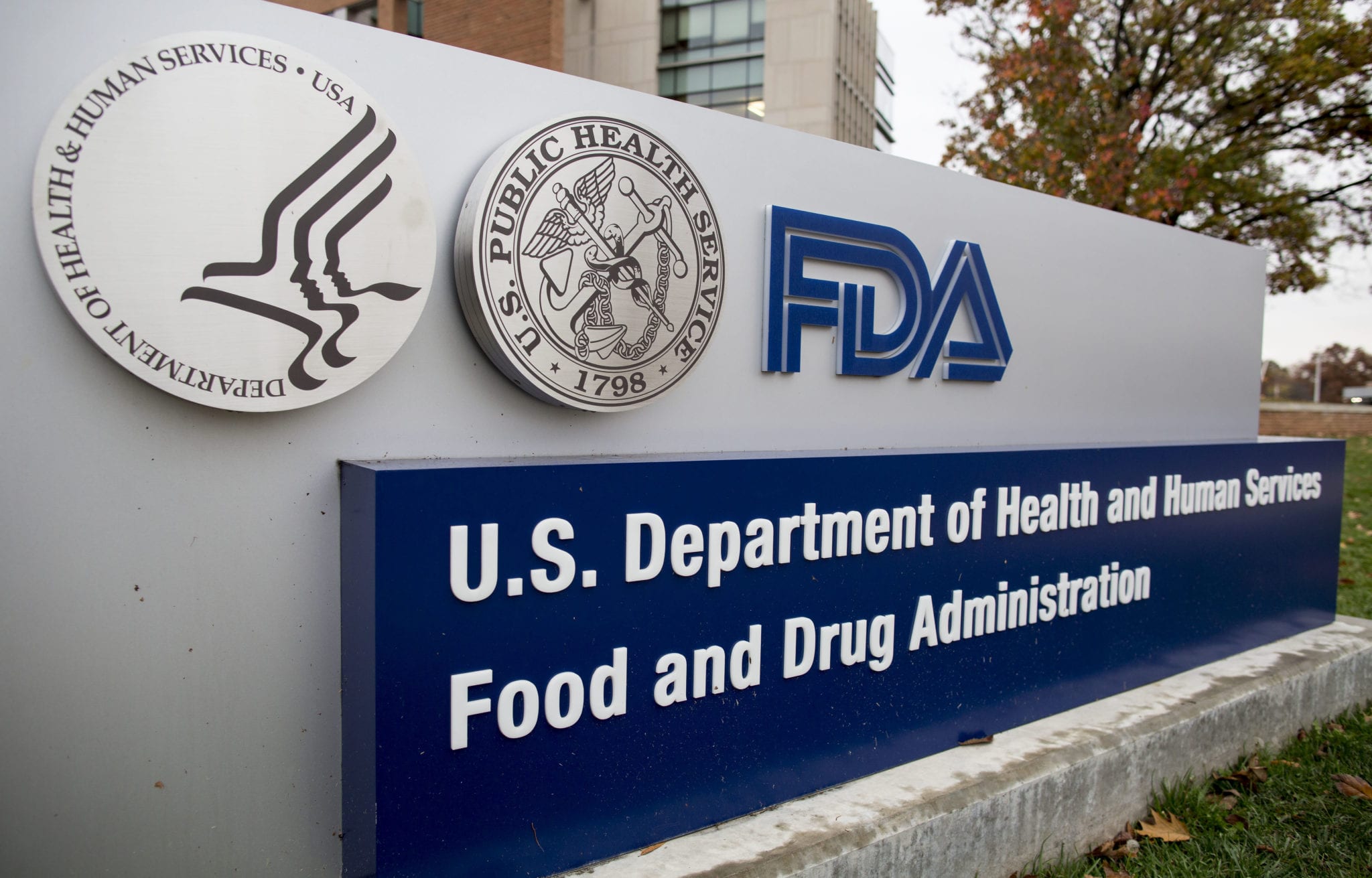
FDA (AP Images)
Coronavirus update: Eli Lilly staffer tests positive, FDA postpones inspections and AACR is canceled as outbreak roils biopharma
The fallout from the fast-spreading coronavirus pandemic continues to be felt in the biopharma industry.
Unlock this article instantly by becoming a free subscriber.
You’ll get access to free articles each month, plus you can customize what newsletters get delivered to your inbox each week, including breaking news.